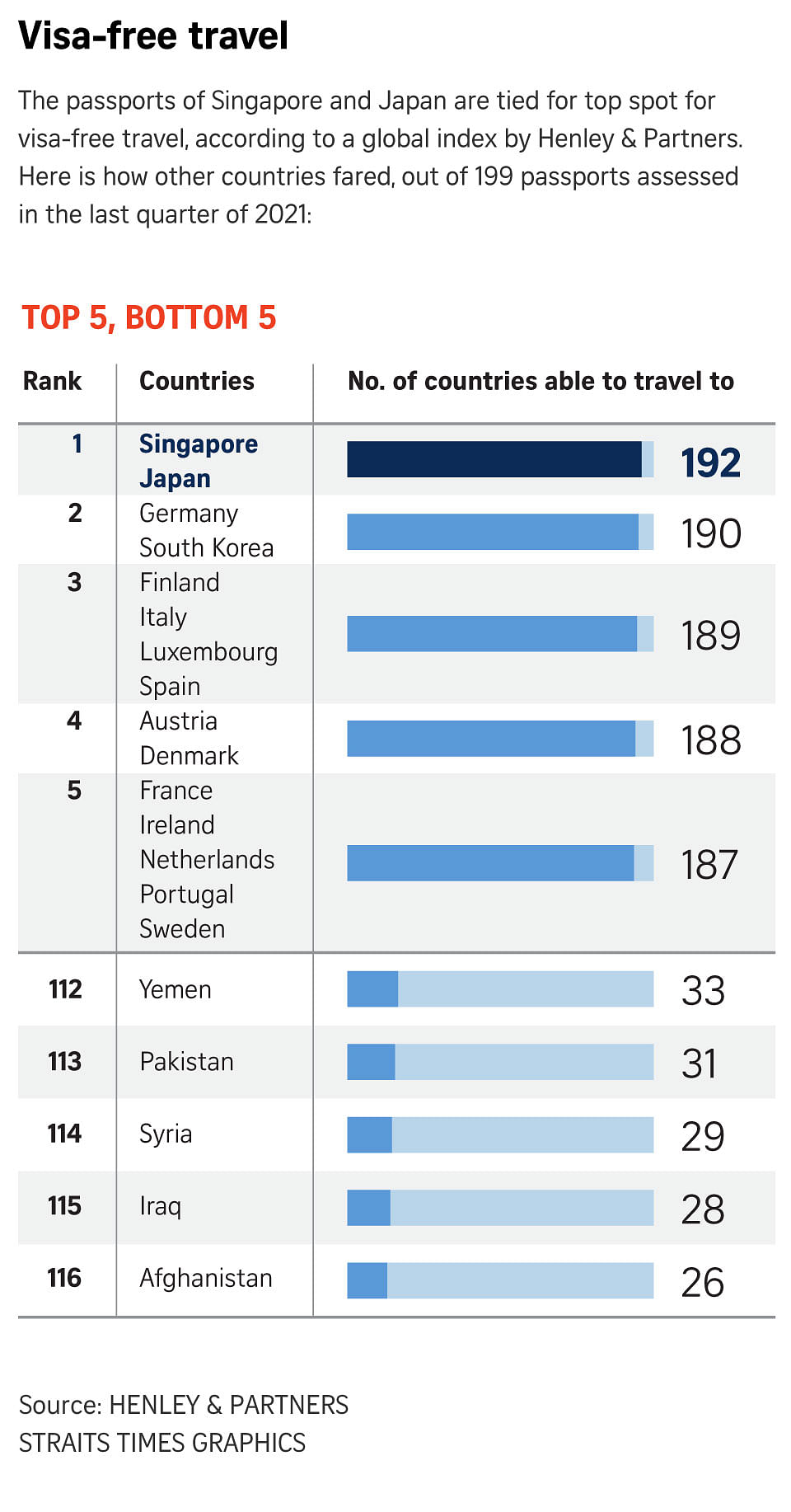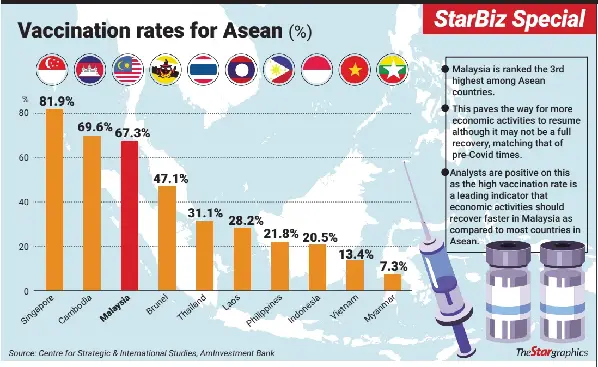As the world is commemorating the 70th anniversary of the Cairo
Declaration Sunday, it is high time that Japan observed the terms
dictated by the historic document.
Generalissimo Chiang Kai-shek, President Franklin D. Roosevelt, and Prime Minister Winston Churchill met at the Cairo Conference in Cairo, November 25, 1943.
Chinese embassy marks 70th anniversary of Cairo Declaration
Declaration supports China´s Diaoyu Islands sovereignty CCTV News - CNTV English
On Dec. 1, 1943, the Cairo
Declaration was broadcast in a communique on radio in Chongqing,
Washington and London, setting the tone for an imminent end to the most
destructive war in human history.
The landmark document, issued
by China, the United States and Britain, voiced the determination of the
Allies of World War II to continue military actions until Japan's
unconditional surrender.
It also set goals for the post-war
order, in which Japan shall restore all the territories it has stolen
from China, including Taiwan. The Diaoyu Islands, which for recent years
Japan has claimed as its own territory, was then affiliated islands of
Taiwan.
The Cairo Declaration serves as a cornerstone of the
post-war order in East Asia. By incorporating history, international law
and bilateral treaties, the document laid the foundation for regional
peace.
On July 26, 1945, the Potsdam Declaration, issued by the
United States,Britain and China, reaffirmed that the terms of the Cairo
Declaration would be carried out, and stipulated that "The terms of the
Cairo Declaration shall be carried out and Japanese sovereignty shall be
limited to the islands of Honshu, Hokkaido, Kyushu, Shikoku and such
minor islands as we determine."
By signing the Instrument of
Surrender a month later, Japan specifically accepted the provisions of
the Potsdam Declaration, which incorporated the terms of the Cairo
Declaration.
The normalization of Sino-Japanese relations was
also achieved within the framework of the Cairo Declaration and the
Potsdam Declaration. In the Sino-Japanese Joint Communique inked in
1972, Japan agreed that "it firmly maintains its stand under Article 8
of the Potsdam Declaration."
Six years later, in the China-Japan
Treaty of Peace and Friendship of 1978, the two countries pledged to
strictly observe the principles in the joint communique, and vowed that
"they will use peaceful means to settle all disputes and will refrain
from the use of force or the threats of the use thereof."
The
post-war order in East Asia, which has weathered the vicissitudes of
time, remains steadfast in its commitment to the restoration of
territories seized or occupied by invaders, as well as the international
status of those countries that fell victim to Japan's aggressive war.
On
such basis, East Asia has quickly emerged from the ashes of war to
become enviable economic powerhouses of the world. Amid overall peace,
Japan, China, South Korea, Hong Kong, Taiwan, Singapore as well as many
Southeast Asian countries and regions have witnessed spectacular growth
in past decades.
The Cairo Declaration, as well as other related documents, have served as legal guardians for economic prosperity in East Asia.
To
ignore these documents and allow the then militarist invaders maintain
their stolen land would defy the post-war East Asian order, risk a
resurgence of the once rampant Japanese militarism, and breed historical
resentment in countries, on which Japan's war of aggression had wreaked
havoc.
China loves peace and needs a peaceful environment for
its domestic development. It is Japan that has provoked the dispute over
the Diaoyu Islands, and heightened regional tension to challenge the
post-war order.
Despite the strong opposition from China, Japan,
on Sept. 10th last year, unilaterally announced its "nationalization" of
the Diaoyu Islands, riding roughshod over the declaration.
Over
the past year, Abe's government has turned a blind eye to the evidence
presented by the Chinese government and the testimony given by Japanese
witnesses, and refused to recognize the agreement to "shelve the
disputes" over the islands issue, which was struck by the two sides in
1970s.
If Japan would not even admit the dispute, how could dialogues and negotiations be launched to seek a settlement?
To
amend Japan's current pacifist peaceful constitution and beef up its
military muscle is the major factor behind the Abe administration's
hell-bentness on having its own way.
As stipulated in its
post-war pacifist constitution, Japan has no right to wage war. The
so-called "China threat" is a lame excuse Japan has invented to break
the restraints imposed by the constitution.
What's more, the Abe administration takes an apathetic stand on war crimes Japan committed some 70 years ago.
Provocative
remarks and actions, such as quibbling with the definition of
"aggression", sparing no efforts to revise the country's war-renouncing
constitution and visiting the Yasukuni Shrine, have been repeatedly
brought up by the prime minister.
The dispute over Diaoyu Islands
has thus borne heavily on Japan's understanding on its aggressive and
militarist past, its intention to amend the pacifist constitution and
the post-war order in East Asia dictated by the Cairo Declaration.
The
post-war order in East Asia and in the Asia-Pacific at large, as
prescribed by the Cairo Declaration, serves not only as an warning and
caution against the catastrophe of war and a penalty on war crime
perpetrators, but also an important gateway toward the hard-won regional
peace, all of which entails a regular and in-depth review of the
historic document.- Xinhu
Experts say Cairo Declaration establishes post-war world order
The Cairo Declaration, issued by Britain, China and the United States in
1943, is of great significance in rebuilding the international order
after the end of World War II, experts said.
On the eve of the
70th anniversary of the signing of the declaration, which stated that
all the territories Japan had stolen from the Chinese should be restored
to China, experts at home and abroad called on the international
community to jointly safeguard the established international order.
The
most important significance of the Cairo Declaration is that major
territories seized by Japan since 1895 should be restored, said Michael
Schaller, a regents professor of the University of Arizona.
He
said the declaration included a determination that Japan should "give up
virtually all the territory it had acquired by force since 1895 and
1914, including northeast China, the island of Taiwan and nearby islands
... and Pescadores."
"When Japan accepted the Potsdam
Declaration ... as part of its agreement to surrender, it acknowledged
that in doing so it was also accepting the terms of the Cairo
Declaration ..." added Schaller, who is also a member of the Society for
the Historians of American Foreign Relations.
"I don't think
there was any ambiguity or confusion about the fact that Japan would
need to surrender all territories it had seized on the Asian mainland
and Taiwan. I don't think that even today's strident Japanese
nationalists question that," he said.
Dan Plesch, director of the
Center for International Studies and Diplomacy at SOAS University of
London, said the Cairo Declaration was the culmination of a success for
China during World War II.
"This in turn was only made possible because of the heroic resistance of the Chinese people to Japanese aggression," he said.
In
regard to the role played by the declaration in post-war reconstruction
and today's world order, Plesch said the document was an important
agreement that led to the end of World War II.
"Its content,
particularly with respect to Japan, was part of the settlement which
enabled the war to come to an end with the Japanese surrender," he said.
Plesch
said that as the declaration stipulated the solution to territorial and
border issues, any defiant moves are "potentially highly destabilizing
with respect to international order."
Huang Dahui, director of
the Center for East Asian Studies at Renmin University in Beijing, said
that in face of Japan's flagrant defiance of the post-war order set up
by the Cairo Declaration and other documents of international law, the
international community should have a better understanding of the
declaration to ensure obedience to relevant terms.
The Cairo
Declaration stated in explicit terms that "all the territories Japan has
stolen from the Chinese, such as Manchuria, Formosa (Taiwan), and
Pescadores" shall be restored to the Chinese, he said, adding that the
Diaoyu Islands, then administrated by Taiwan, should be included in the
returned territories.
The Japanese government, however, took a
unilateral action to "nationalize" the Diaoyu Islands in a move not only
to severely infringe upon China's territorial sovereignty, but also to
publicly challenge the outcome of the world anti-fascist war and the
post-war international order, Huang said.
The three signatories
of the Cairo Declaration -- Britain, China and the United States --
should work together to ensure the implementation of the document and
safeguard the fruits of the victory, he said. - Xinhua
Related posts:
1.
China sets up air defence zone over East China Sea, a strategic move
2. Who owns Diaoyu Islands?
3. Japan stole Diaoyu Islands
4. Japan’s buying Diaoyu Islands provokes China to strike back
5. Japan should drop its sense of superiority and tricks over China, Asia
6.China defense ministry acts as Japan buys its Diaoyu Islands
7. China's vessels patrol Diaoyu Islands after Japan illegally purchases and nationalizes them
8. Japan, the deputy sheriff in Asia?.


 Mothership.SG.
Mothership.SG. Source: Centre for Strategic & International Studies, Aminvestment Bank
Source: Centre for Strategic & International Studies, Aminvestment Bank



 Seeking justice: (Front row, from left) Adviser Tan Kai Hee, Lim Kok, a descendant of one of the victims, Dr Hou, Quek and MCA central committee member Datuk Toh Chin Yaw along with other descendants of the victims at the press conference.
Seeking justice: (Front row, from left) Adviser Tan Kai Hee, Lim Kok, a descendant of one of the victims, Dr Hou, Quek and MCA central committee member Datuk Toh Chin Yaw along with other descendants of the victims at the press conference.


 In good hands: Liew having a discussion with former London mayor Boris Johnson. Liew says he has confidence UK government will move the country forward on every front.
In good hands: Liew having a discussion with former London mayor Boris Johnson. Liew says he has confidence UK government will move the country forward on every front.












